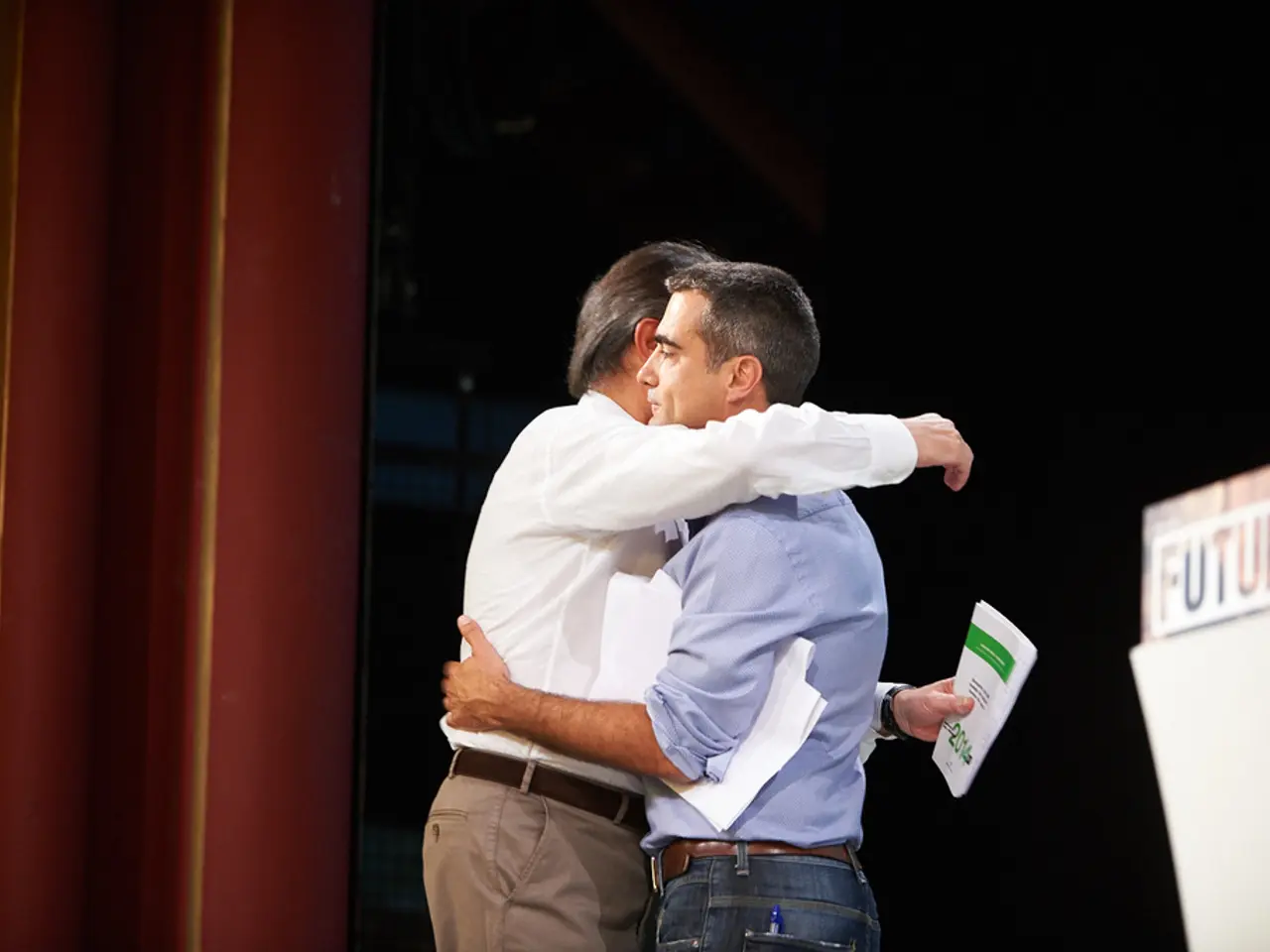Strategies for Crafting a Cross-Atlantic Approach Towards China
In the face of increasing threats to global security, the United States and the European Union are taking steps to bolster their cooperation and address common concerns.
Recent reports have revealed that Russian and Chinese intruders have infiltrated the classified networks of various institutions, including the Pentagon, allied militaries, and defense, finance, and foreign affairs ministries. These intrusions have resulted in the implanting of malware in critical infrastructure such as nuclear plants, power grids, port cranes, water systems, and other essential services.
To counter these threats, the US and EU are seeking coordination, information sharing, and alignment on standards and coverage in their outbound investment screening mechanisms for advanced technology sectors. An updated and expanded agreement between the two parties would increase the number of EU-located certification bodies that can certify for US standards and vice versa, reducing costs without lowering standards and bolstering transatlantic trade.
Chinese and Russian actors are not only targeting classified networks but also weaponizing and manipulating flows of people, information, food, and energy, and interfering in the electoral processes of NATO's democracies. To combat these activities, the EU's Digital Markets Act (DMA) should include effective intellectual property and security safeguards to prevent sensitive European and US data, intellectual property, and trade secrets from being exposed to state-sponsored Chinese and Russian companies.
In addition, the US and EU are denying critical technologies, data, or goods to China that could advance Beijing's military capabilities and revisionist goals. Chinese state-owned enterprises have been targeted with sanctions by the US for enabling Russia's aggression in Ukraine, and the EU has imposed visa bans and asset freezes on complicit Chinese companies and individuals in its 15th sanctions package against Russia.
To further promote defense-related innovation, NATO's Resilience Committee could be tasked with generating formal information-sharing mechanisms, facilitating cooperative arrangements, and devising common standards. A joint supply chain vulnerability assessment by the EU and US could sharpen each party's understanding of common supply-chain risks, enabling the allies to avoid overcapacity or duplicative investments.
Much like current centers in Helsinki and Bucharest, a new Asian outpost could be a non-NATO entity open to participation by a host of actors, including the private sector. This outpost would serve as a platform for addressing shared challenges and fostering cooperation in the region.
The US and Europe can also coordinate their efforts to stem the flow of national security-relevant technologies to China by expanding export control coordination and identifying similar lists related to China. Resolving the transatlantic standoff over steel and aluminum could align the two partners on China and address global market distortions by nonmarket economies while addressing global emissions.
Deals to boost mineral production and processing critical to many US and European industries, which are largely controlled by China, would help build trusted and secure minerals supply chains with high standards. The US and EU should aim to deconflict their own bilateral ties to avoid endangering transatlantic cooperation on China.
Lastly, addressing ways to coordinate national security limitations on data flows and improving inbound investment screening mechanisms to protect critical services from disruption is crucial for the future of transatlantic cooperation. By working together, the US and EU can better navigate the complex global landscape and ensure the security and prosperity of their citizens.




